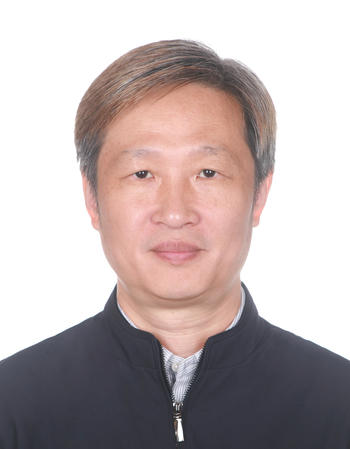Prof. Dr. Xupeng Zhang

Fellow in the project "Conceptions of World Order and Their Social Carrier Groups“ (July 2025 - August 2025)
Short Biography
Xupeng Zhang is a professor at the Institute of Historical Theories, Chinese Academy of Social Sciences (CASS) in Beijing, China. He has been a board member of the International Commission for the History and Theory of Historiography (ICHTH) since 2023 and was a visiting professor of the University of Göttingen in 2019. His research focuses on European intellectual history, historical theory and global history. He publishes many papers in both Chinese and English in these fields.
Project
Historicism in Germany, the United States and ChinaHistoricism is a concept and tradition that has had a significant impact not only in Germany but also globally. It emerged in the particular cultural and political circumstances of Germany in the nineteenth century and began to spread beyond Germany in the early twentieth century. In its travels around the globe, historicism not only brings an understanding of its general meaning, which emphasizes the historicity and individuality of things, but also creates different meanings in different contexts compared to the original context due to its complex meanings. In the United States, historicism, because of the influence of Ranke and the special understandings of Ranke by American historians, has been regarded as objectivism that should be criticized, and has led to a discussion of the objectivity question among American historians. In China, historicism has been transformed by dialectical materialism, forming a Marxist historicism that is both related to and distinct from German historicism, and has been localized in China through the debate with the class viewpoint on the historical analysis. The global spread of historicism and its diverse understandings through different contexts have given more connotations to this already complex concept. It indicates that historicism has become, in a sense, a plural concept and tradition, and one needs to make a historicist understanding of it within the specific contexts in which it operates.
